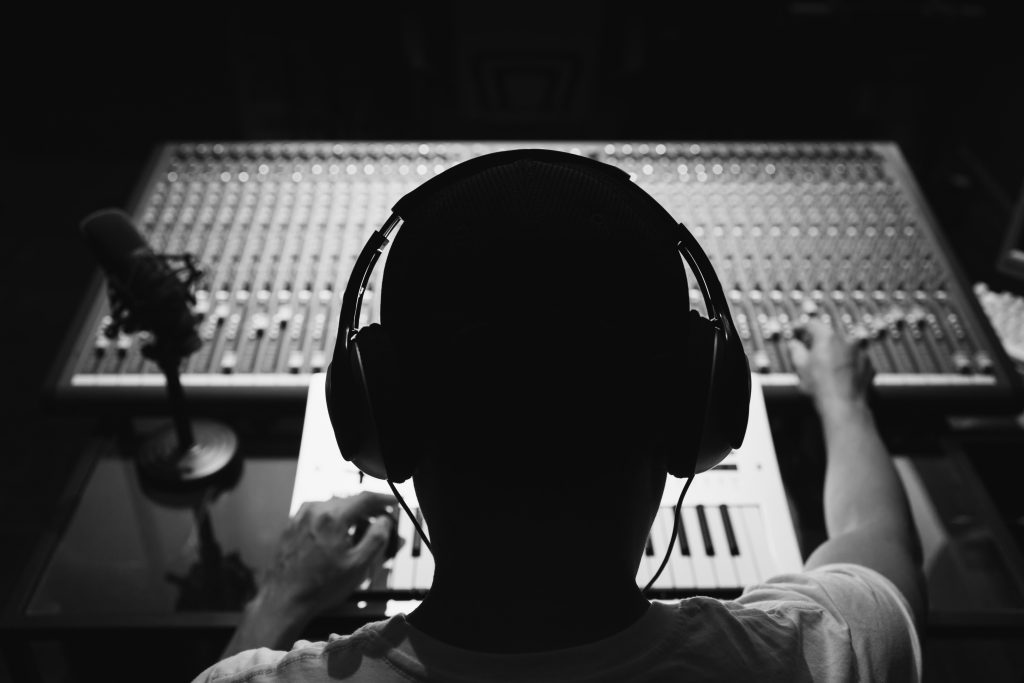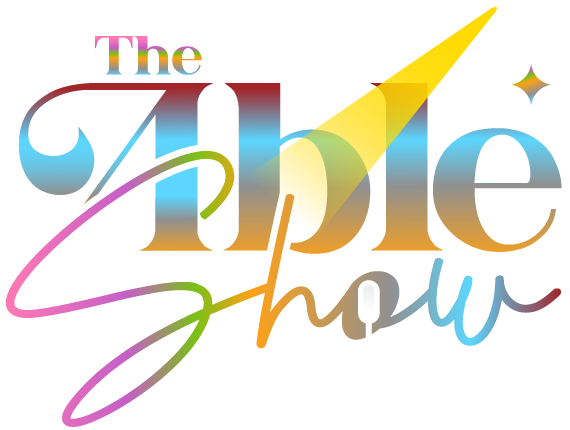The Instrumentation in Film
Within every musical note, there is a story. What tale do you hear? The answer may vary per person. Each musical instrument has a distinct tone. In musical terms, this is called timbre. There are certain colors within the music, for instance, every chord evokes a unique emotion. An example of different chords creating emotion is that minor chords sound sad, and major chords sound happy. Dissonant chords sound unsettling and augmented chords sound open and intriguing. When we play chords in a sequence, this is called a chord progression. Each chord progresses to the next creating a story of sound.
Words vs Music
In instrumental music, sounds without words convey a story with only music. As musicians, we create instrumental voices instead of voices that speak, in other words, we let the music speak to further the plot or set the mood in replacement of dialogue. How is this done? We imagine what words sound like. In film scoring when we create the music, we imagine the emotion behind the dialogue. Then, we match the music to the emotion — filling in the gaps left by lack of verbal communication.
Movies Bring Imagery to Life, Music Can Too!
Imagine you’re watching a drama or horror film and there’s no music in each scene. Without music underneath, do you think you would still feel the same way about the movie or tv show? The answer is a clear no as nearly all films have a lengthy staff of creatives dedicated to creating the soundtrack behind films. These professional and creative minds know how to elicit the desired emotion of a scene through music alone.

For instance, you wouldn’t feel the chills of a violent scene or the melancholy of a tragedy if a charting Drake pop song were playing in the back. Film scoring plays a significant role in movie making. This is because, without music in a film, the film itself wouldn’t have as much movement. The story wouldn’t be moved along by the viewers’ emotions in the same way because there would be no sound to support the emotion underneath the story.
Film Score Music Genres
Film scoring supports a movie, as a whole movie, making scenes more alive. In simplistic terms, this makes adequate sense because music provokes emotion. Adding music to a movie or TV show supports our feelings and thoughts by allowing us to feel deeper emotional expressions than we already experience.
The power of music to bring movies to life is essential. Imagine watching a drama or horror film without music—how would it feel? Would the experience be the same? I believe the absence of music would weaken the emotional impact of each scene.
Each story is unique, and so is the music that accompanies it. Composers create distinct emotions for every genre, pulling us in different directions as the film explores its narrative. In comedy, for example, the music sets a light-hearted tone. Using major chords and lively rhythms, composers create a bright, upbeat atmosphere that draws viewers in and makes scenes feel animated and fun.
Consider a comedy montage where a well-known song starts playing as the characters enjoy a carefree moment together. The familiar tune amplifies the scene’s energy, making it feel even more joyful and real.
In contrast, when scoring dramatic films, the music is structured by creating chords focusing on either sustaining sadness or moving in and out of opposite emotions. Dramatic films use music to sustain and deepen emotional tension. In these films, chords are often slower and more melancholy, emphasizing feelings of sadness or anticipation. In action films, the score has a faster tempo, building urgency and a sense of weariness that intensifies the stakes of each scene.
Music Supports Us In Our Own Story
Just as film music supports a story, think about how music supports your journey. This connection is especially resonant within disability culture, where each person may need different levels of support. Some need more, some less—everyone benefits from help in their own unique way. I implore you to ponder, “How does music play a role in your life, and how does it support you along the way?”
